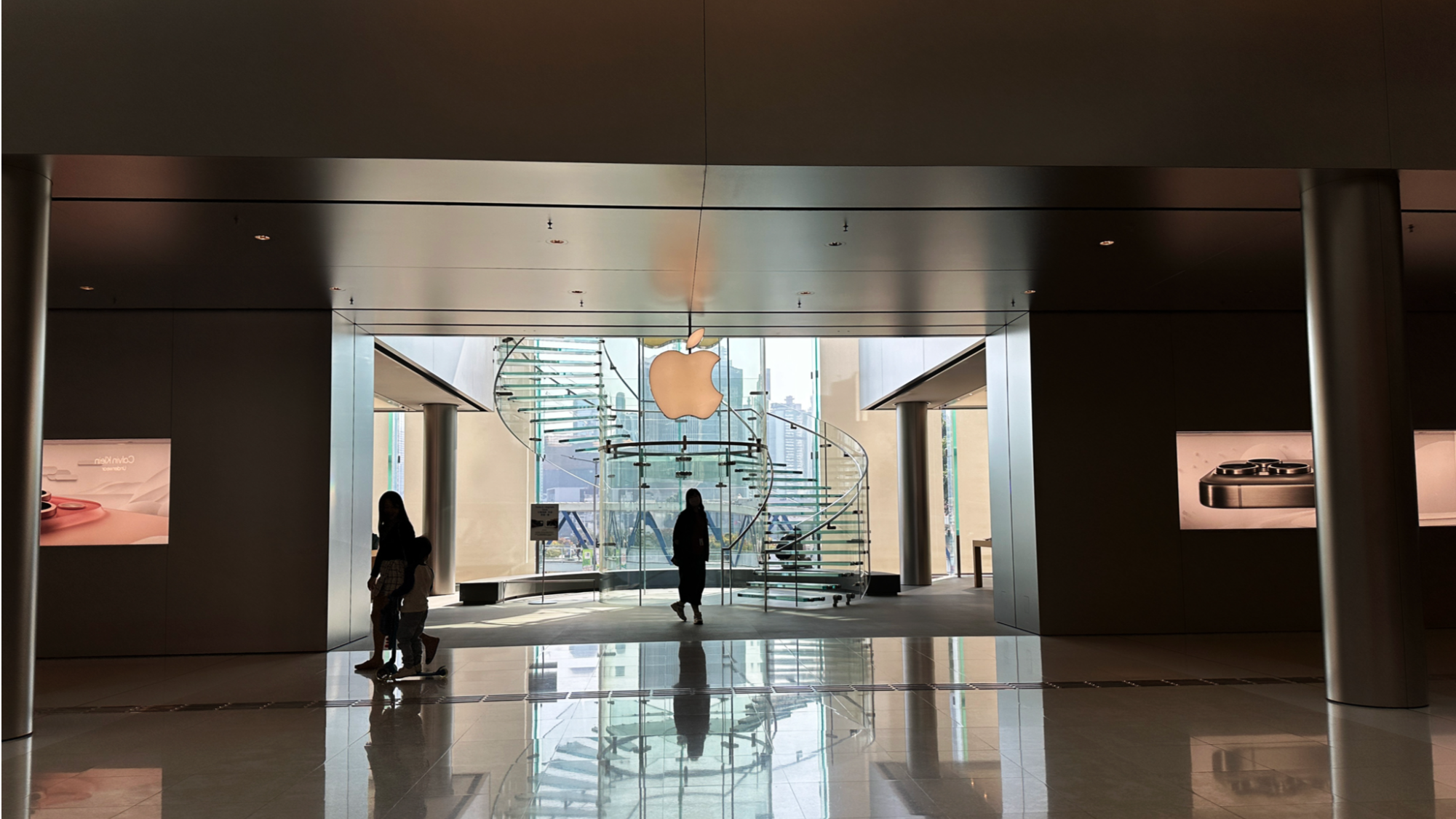
A federal judge decertified on Monday a class action by tens of millions of Apple customers who accused the company of monopolizing the market for iPhone apps by banning purchases outside its App Store, leading to higher prices.
US District Judge Yvonne Gonzalez Rogers in Oakland, California, reversed her February 2024 class certification ruling, which let Apple account holders who spent $10 or more on app or in-app content within the last 17 years sue as a group.
Make sense of the latest ESG trends affecting companies and governments with the Reuters Sustainable Switch newsletter. Sign up here.
In decertifying the class, Rogers said the plaintiffs failed to provide a model "capable of reliably showing classwide injury and damages in one stroke" by matching Apple accounts to consumers, while limiting the number of "unharmed" consumers in the class.
She ruled after an expert hired by Cupertino, California-based Apple found "alarming" errors in the plaintiffs' model.
ALSO READ: Apple’s planned foldable iPad with 18-inch screen hits development snags
These included one that named plaintiff Robert Pepper and supposed claimant "Rob Pepper" were different people despite sharing home addresses and credit card information.
They also included the lumping together of more than 40,000 payment records for people whose first name was "Kim," but who otherwise had nothing in common.
Disappointed plaintiffs to review next steps
Mark Rifkin, a lawyer for the plaintiffs, said in an email "we are of course disappointed" with the decision, and are reviewing their next legal steps to protect consumers "harmed by Apple's unlawful App Store monopoly."
Apple said it was pleased with the decision, and that it invests "significantly" to make the App Store "a safe and trusted place for users to discover apps and a great business opportunity for developers."
Class actions can result in greater recoveries at less cost than if plaintiffs sue individually.
The plaintiffs said Apple's monopoly included charging excessive commissions to app developers, which would be passed on to consumers through higher prices to download apps or make in-app purchases.
Lawyers for the plaintiffs had estimated that classwide damages could total billions of dollars.
The lawsuit began in December 2011, and the class had covered users of iOS-powered devices since July 10, 2008.



